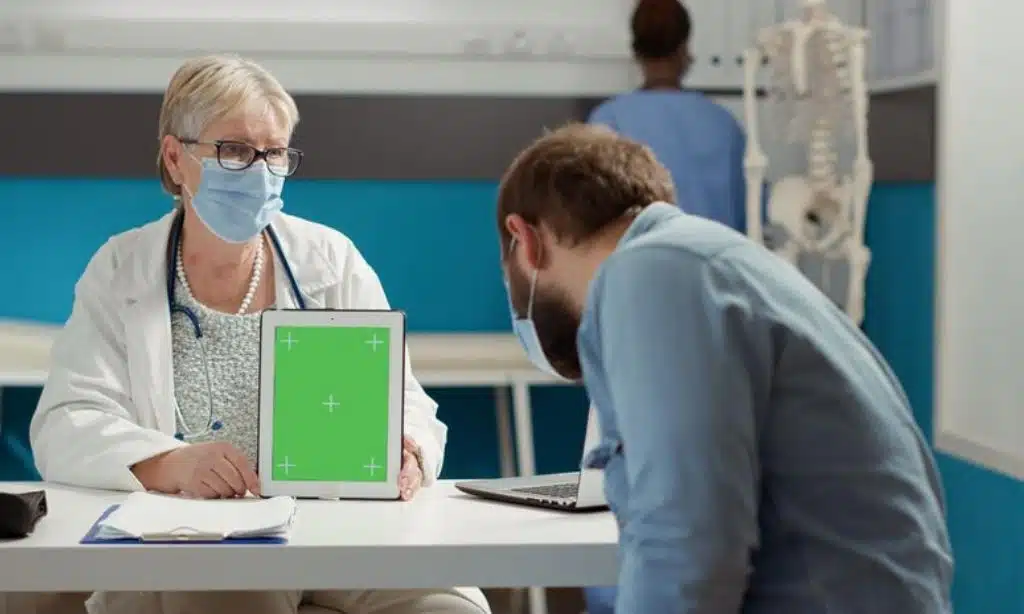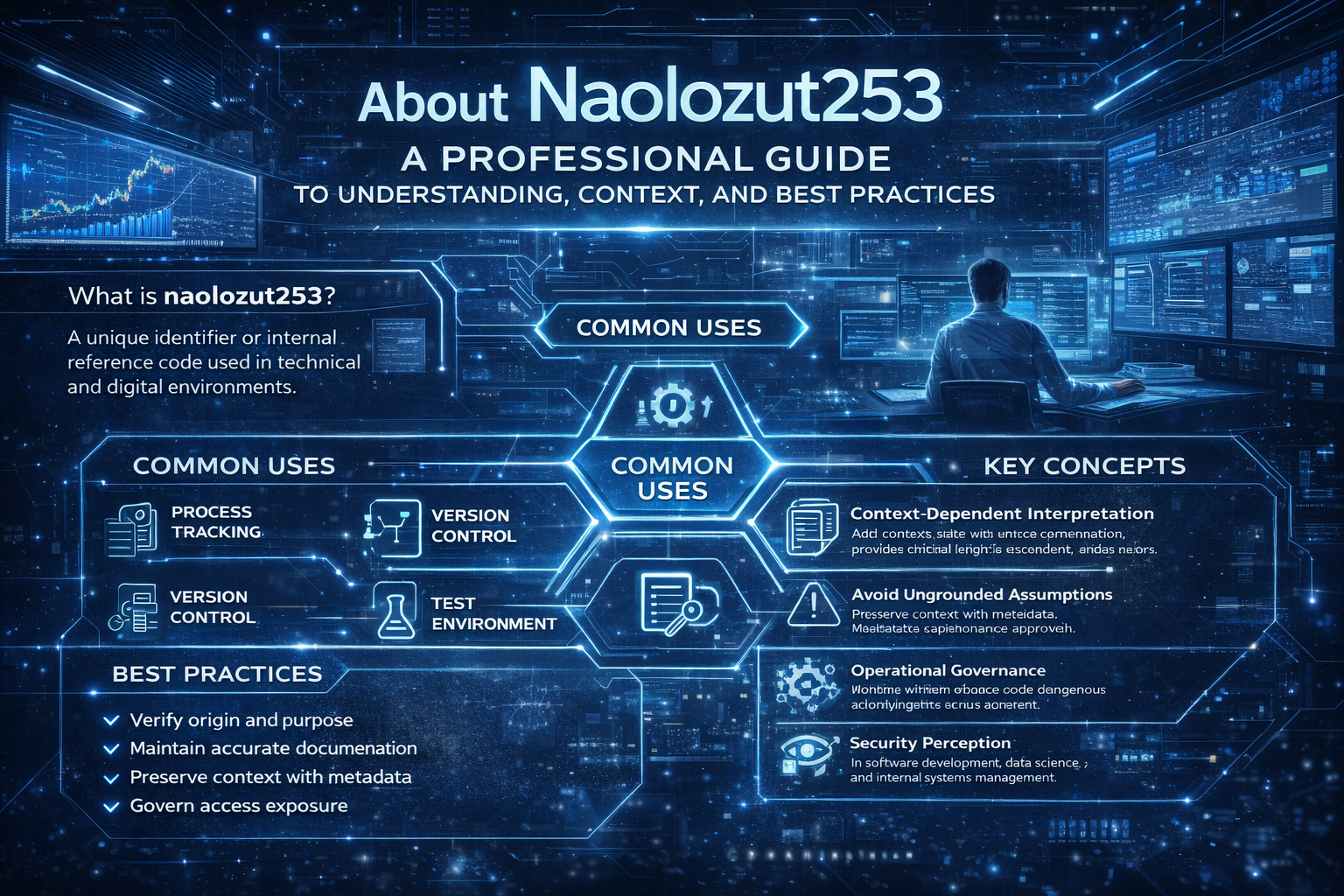In today’s digital era, healthcare privacy has become a pressing concern, as more sensitive patient data is shared, stored, and processed than ever before.
The rapid digitization of health records and the growing demand for telemedicine, coupled with strict regulations, make protecting healthcare privacy an essential but challenging task.
For healthcare providers, compliance officers, and legal teams, understanding and managing the legal issues related to healthcare privacy is paramount to ensuring data security, building patient trust, and avoiding costly penalties.
This article explores nine critical legal issues in healthcare privacy, delving into the complex landscape of regulations, compliance, and patient rights.
1. HIPAA Compliance
The Health Insurance Portability and Accountability Act (HIPAA) is one of the foundational regulations governing healthcare privacy in the United States.
Established in 1996, HIPAA sets national standards for protecting sensitive patient information, also known as Protected Health Information (PHI).
HIPAA’s Privacy Rule, Security Rule, and Breach Notification Rule outline strict requirements for how healthcare providers, insurers, and business associates must handle patient data.
Key Components of HIPAA Compliance
- Privacy Rule
The Privacy Rule limits the sharing of PHI and establishes patients’ rights to access their medical records. Healthcare entities must obtain consent before sharing PHI with third parties unless it is for treatment, payment, or healthcare operations. - Security Rule
This rule requires healthcare organizations to implement safeguards to protect PHI. These safeguards include administrative, physical, and technical controls to prevent unauthorized access to digital health records. - Breach Notification Rule
In the event of a data breach, healthcare providers are required to notify affected individuals, the Department of Health and Human Services (HHS), and in some cases, the media, depending on the scale of the breach.
HIPAA compliance is essential to avoid legal repercussions, such as hefty fines and potential lawsuits.
Non-compliance can also damage a healthcare provider’s reputation, reducing patient trust and potentially impacting future revenue.
2. Patient Consent and Authorization
Patient consent and authorization are integral components of healthcare privacy and informed consent.
Informed consent ensures that patients are aware of how their health information will be used, stored, and shared.
Healthcare providers must obtain written authorization from patients to use their information beyond treatment, payment, and healthcare operations.
Key Aspects of Patient Consent
- Informed Consent Requirements
Informed consent must clearly explain how the patient’s data will be used and provide an option to accept or decline the sharing of their information. - Authorization for Third-Party Sharing
Any sharing of PHI with external entities, such as research institutions or insurance companies, requires specific authorization from the patient. - Revocation of Consent
Patients have the right to revoke their consent at any time, and healthcare providers must respect this decision by halting any further data sharing.
Patient consent protects patients’ rights and ensures transparency in how healthcare providers handle sensitive information.
Failure to obtain proper consent can lead to legal action and negatively impact the healthcare organization’s credibility.
3. Data Breaches and Cybersecurity
With the rise of electronic health records (EHRs) and digital storage, healthcare data breaches have become more common and severe.
Healthcare data breaches not only expose sensitive patient information but also put healthcare providers at risk of legal consequences under HIPAA, GDPR, and other data protection regulations.
Key Elements of Data Breach Prevention
- Implementing Strong Security Protocols
Healthcare providers must use encryption, multi-factor authentication, and firewall protections to safeguard data. Regular security assessments are essential to identify vulnerabilities. - Employee Training
Many data breaches result from human error. Healthcare staff should receive regular training on data protection practices and the importance of secure handling of patient information. - Incident Response Plan
A robust incident response plan helps healthcare providers act swiftly in case of a data breach, reducing the potential damage and ensuring compliance with legal notification requirements.
Data breaches not only carry the risk of significant financial penalties but also damage patient trust and can lead to costly lawsuits.
4. GDPR Compliance for International Patients
The General Data Protection Regulation (GDPR) is a comprehensive data protection law that applies to individuals in the European Union.
GDPR has specific requirements regarding data privacy and transparency, impacting healthcare providers that handle data for EU patients.
Compliance with GDPR is essential for any healthcare provider that serves patients internationally, as non-compliance can result in severe penalties.
Key GDPR Requirements for Healthcare
- Data Minimization
Under GDPR, healthcare providers must only collect data that is necessary for the specified purpose, limiting the amount of personal data handled. - Right to Access and Erasure
Patients have the right to access their data and request its deletion. Healthcare providers must establish processes to fulfill these requests in a timely manner. - Data Protection Officer (DPO)
GDPR requires organizations handling sensitive data to appoint a DPO who is responsible for overseeing data protection strategies and ensuring compliance.
GDPR compliance can be complex, but it is essential for protecting patient privacy and avoiding heavy fines, which can reach up to 4% of an organization’s annual global turnover.
5. Telemedicine and Privacy Risks
Telemedicine has become an integral part of healthcare, especially following the COVID-19 pandemic.
While telemedicine offers convenience, it also presents unique privacy challenges as patient data is transmitted through online channels.
Healthcare providers must ensure that telemedicine platforms comply with privacy laws to protect patients’ sensitive information.
Key Privacy Concerns in Telemedicine
- Secure Communication Channels
Video conferencing and messaging platforms used for telemedicine must be HIPAA-compliant and use encrypted channels to protect data. - Device Security
Both patients and providers must use secure devices and networks to prevent unauthorized access to telemedicine sessions. - Consent for Remote Care
Patients should provide explicit consent for remote care, acknowledging the risks and limitations of telemedicine compared to in-person consultations.
Telemedicine offers numerous benefits, but it requires strict adherence to privacy laws to ensure that patient data is protected at all stages of virtual care.
6. Access Control and Role-Based Permissions
Access control and role-based permissions are critical in safeguarding patient information.
Not every healthcare professional needs access to a patient’s entire medical record.
Implementing role-based permissions limits access to only the information required to perform specific tasks, enhancing privacy and minimizing the risk of unauthorized data exposure.
Key Components of Access Control
- Role-Based Permissions
Define user roles with specific access rights based on job functions. For example, administrative staff may have access to billing information but not medical records. - Two-Factor Authentication (2FA)
Two-factor authentication adds an extra layer of security by requiring verification beyond a password to access sensitive data. - Audit Trails
Maintain records of who accessed data, when, and what actions were taken. Audit trails help detect suspicious activity and ensure accountability.
Access control measures protect against unauthorized access, ensuring compliance with legal requirements and building patient trust by safeguarding sensitive information.
7. Third-Party Vendor Risks
Healthcare providers often work with third-party vendors for services like data storage, billing, and telemedicine.
However, involving external entities introduces privacy risks, as these vendors may also have access to sensitive patient data.
Ensuring that third-party vendors comply with healthcare privacy regulations is essential to protect patient information and maintain legal compliance.
Key Strategies for Managing Third-Party Risks
- Due Diligence
Conduct thorough assessments of each vendor’s data protection practices before entering into a partnership. - Business Associate Agreements (BAAs)
HIPAA requires healthcare providers to sign BAAs with any third party handling PHI, outlining responsibilities and compliance expectations. - Regular Audits and Assessments
Periodically audit vendors to ensure they adhere to privacy standards and address any new risks or vulnerabilities.
Managing third-party risks is crucial for maintaining data privacy, as non-compliance by a vendor can still result in penalties for the healthcare provider.
8. Patient Rights and Data Access
Patients have specific rights concerning their health information, including the right to access, correct, and control who sees their data.
Healthcare providers are required by law to respect these rights, which are essential for transparency and patient empowerment.
Key Aspects of Patient Data Rights
- Right to Access
Patients can request access to their medical records, and providers must fulfill this request within a reasonable timeframe. - Right to Correct
Patients can request corrections to their records if they identify inaccuracies. - Right to Privacy and Confidentiality
Patients have the right to expect that their health data will be protected from unauthorized access.
Respecting patient rights is not only a legal obligation but also strengthens trust and promotes transparency in healthcare.
9. Data Retention and Disposal
Data retention and disposal refer to the management of patient records from creation through their eventual disposal.
Healthcare providers must follow legal requirements concerning how long data is retained and ensure that data disposal practices securely destroy information to prevent unauthorized access.
Key Elements of Data Retention and Disposal
- Data Retention Policies
Regulations often require healthcare providers to retain records for a specific period. Having clear policies on data retention helps ensure compliance. - Secure Data Disposal
When data is no longer needed, it should be securely deleted or destroyed to protect patient privacy. This process may involve shredding physical documents or wiping digital records. - Auditing and Documentation
Keep detailed records of data disposal to ensure accountability and provide evidence of compliance in case of audits.
Proper data retention and disposal practices protect patient privacy and minimize the risks associated with retaining unnecessary sensitive information.
Takeaway: Navigating Legal Issues in Healthcare Privacy
In an era where patient data is digitized, and healthcare providers increasingly rely on technology, understanding and managing legal issues related to healthcare privacy is more critical than ever.
From HIPAA compliance to telemedicine privacy, each issue requires careful attention and robust policies to protect sensitive information, maintain compliance, and uphold patient trust.
By proactively addressing these legal challenges, healthcare providers can foster a secure environment, support patient rights, and navigate the complex landscape of healthcare privacy with confidence.










































